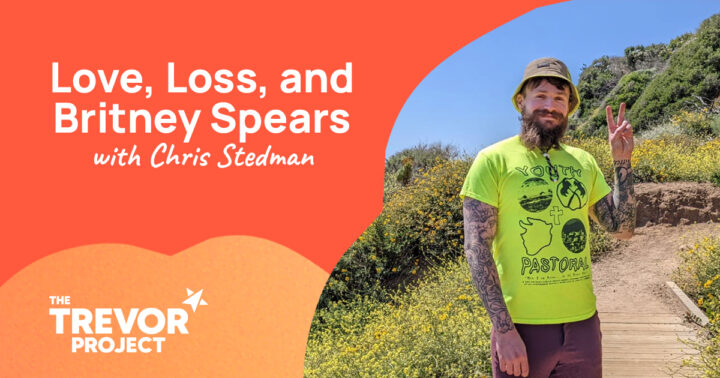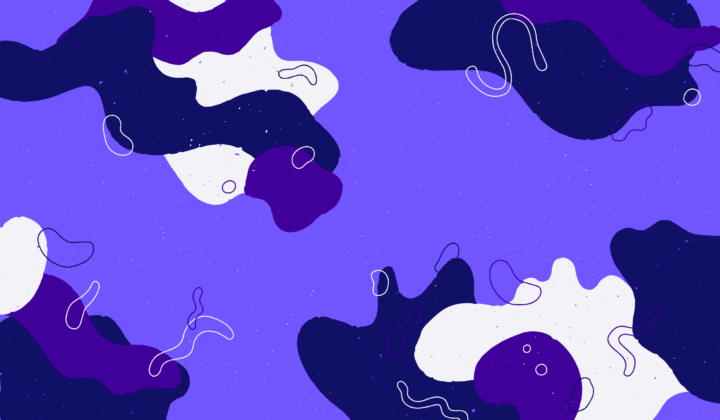Youth's Lives Every Day
Right now, LGBTQ+ young people across the country are in crisis.
They’re hearing messages of hate and rejection — not just from peers or online bullies, but from people and systems meant to protect them.
Hostile and dangerous rhetoric has become increasingly mainstream. And recently, the administration gave us official notice that they will close the national suicide lifeline for LGBTQ+ youth, effective July 17, 2025.
If this goes forward, our young people will be left with the message: “Your lives are not worth saving.”
We refuse to let that message stand. That’s why today, we are taking action.
Here at The Trevor Project, we’ve felt the impact of LGBTQ+ youth in crisis, who are more than four times as likely to attempt suicide than their peers, for more than 27 years. The problem has only gotten worse. The day after the election, contacts to our lifeline skyrocketed by nearly 700% – the most dramatic surge our crisis lines have ever experienced.
Every day, our crisis counselors connect with LGBTQ+ young people who feel scared, isolated, and overwhelmed. They’re asking questions no young person should have to ask: Is it safe to be myself? Am I going to be okay? Does anyone care? How can I continue to live in a world that doesn’t believe I should exist?
We’re working around the clock to provide free, confidential crisis support to LGBTQ+ youth — 24 hours a day, 7 days a week. But as the volume of crisis contacts climbs, our resources are being stretched like never before.
This is a call to action. We need to use our voices to persuade elected officials to change course. We need to raise critical funds to mitigate any damage that might be caused by these anticipated cuts from the federal budget. And most importantly, we need to send a message to LGBTQ+ young people everywhere that their lives are worth saving.
Here’s how you can help right now:
🧡 Donate to ensure that Trevor will also be here to answer a young person’s call for help – 24/7.
🧡 Sign our petition to demand lawmakers protect LGBTQ+ youth — not endanger them.
🧡 Share this campaign and send a message to the LGBTQ+ young people in your life that they matter.
Together, we can make a difference for LGBTQ+ youth everywhere.
–The Trevor Project
The Trevor Project serves nearly 50% of the LGBTQ+ youth specialized services’ contact volume. In 2024 alone, The Trevor Project directly served more than 231,000 crisis contacts, and trained and supported nearly 250 crisis counselors and operational support staff through the 988 Lifeline. Previously, The LGBTQ+ Youth Subnetwork received an estimated $50 million in dollars in restricted federal funds to provide these life-saving services.
If you or someone you know needs help or support, The Trevor Project’s trained crisis counselors are available 24/7 at 1-866-488-7386, via chat at TheTrevorProject.org/Get-Help, or by texting START to 678678.


